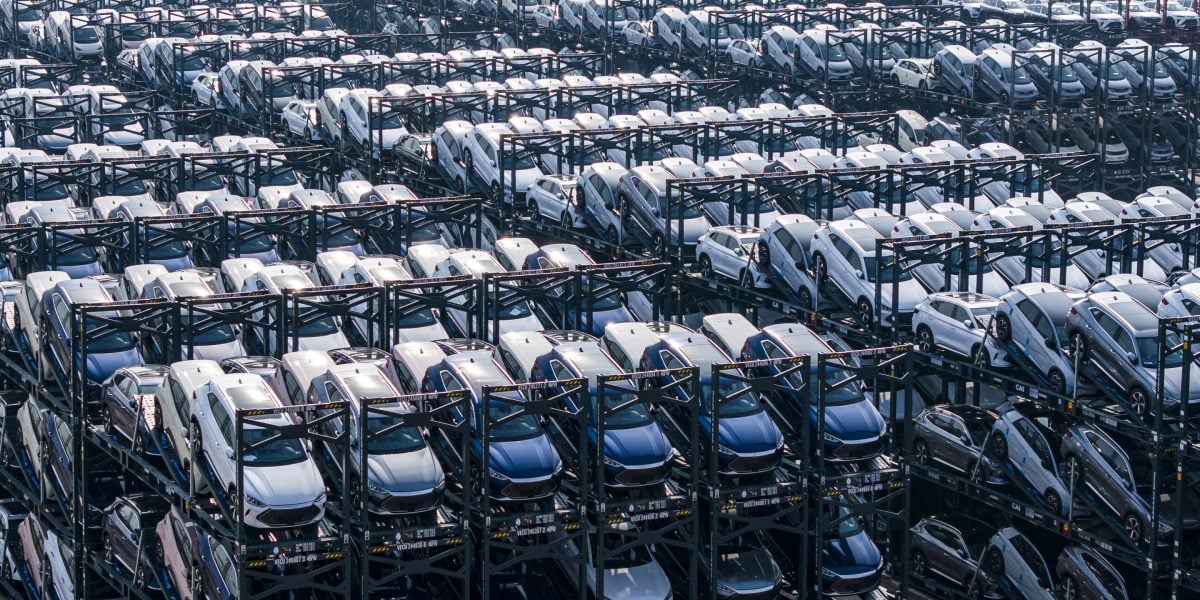China has become a powerhouse in electric vehicles. Its automaker BYD recently topped Tesla in global EV sales, with Elon Musk warning of Chinese carmakers, “If there are no trade barriers established, they will pretty much demolish most other car companies in the world. They’re extremely good.”
On Friday, the Alliance for American Manufacturing sounded the alarm, issuing a report entitled: “On a Collision Course: China’s Existential Threat to America’s Auto Industry and its Route Through Mexico.”
The report, which lists policy recommendations to combat overcapacity and unfair trade practices, notes that BYD is building factories in Thailand and Hungary designed to be regional export hubs. It then adds:
“More alarming, however, are Chinese firms’ heavy spending on plants in Mexico, through which they can access the United States by way of the more favorable tariffs under the United States-Mexico-Canada Agreement (USMCA). This strategy is, in effect, an effort to gain backdoor access to American consumers by circumventing existing policies that are keeping China’s autos out of the U.S. market.”



I don’t get why these trade agreements allow for this. They should only apply to products form companies 100% owned by a member country of the agreement and must be things 100% sourced from the member countries.
Nothing is ever 100% sourced from one country. Whether it’s raw materials, sensors, computer silicon, batteries, or software, something is always going to be international.
thats fine to me. food and raw materials that are native as well as the odd things sourced from the three member countries.
How about actuators or tyres? Wire bundles, seats, steering wheels, insulation, shock absorbers, etc? Is it just the frame and body panels that need to be made there?
everything. if cars are not 100% from the 3 countries in the treaty then it should not have the discounted taxes.
Then it’s not gonna have that discount. No amount of subsidies is worth standing up a silicon foundry.
Edit: the point is, what’s the cutoff between the first and second set of things? Maybe ranked by capital investment required?
yes. thats the point. we would not have such a wide area of discount. Only whats truly local.
So how do you encourage cars to be made locally if you don’t give any incentive till it’s prohibitively expensive?
It still encourages it as a variety of parts can be internal and thus cheaper. Just not the whole thing although honestly I don’t see encouraging car manufacturing as an important part. It should be to encourage local commerce. As you said making a silicon foundry is expensive and we are now desperate to get them made here because our laws did not encourage it previously.